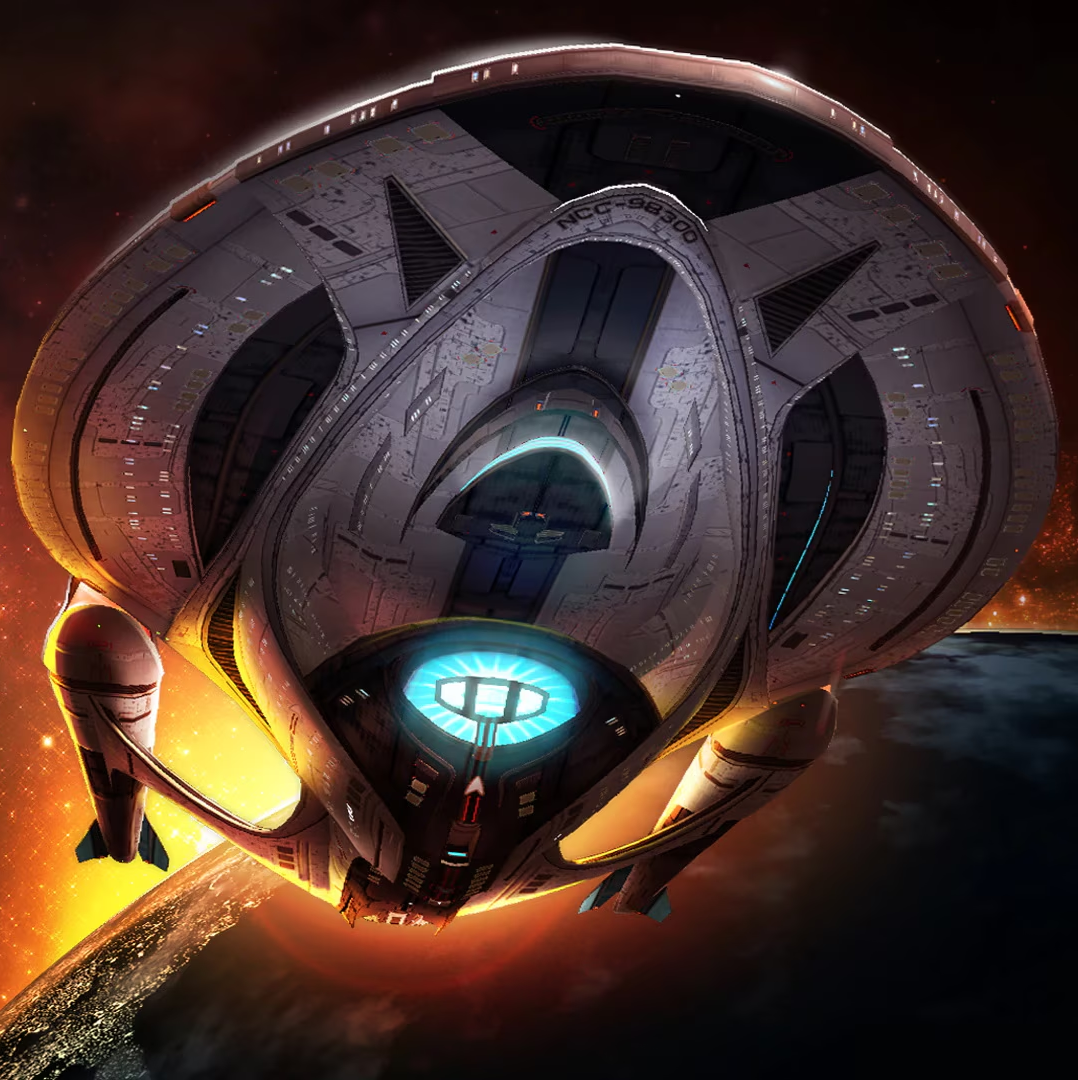

This seems to be a non sequitur. OP is asking about where to live not where to find employment.
There are visas under the free trade agreement with the US and Mexico that enable movement of employees between the three countries. These have been in place since the 1990s.






He didn’t necessarily know that Pike would be an option. He likely didn’t know that Lorca would be an MU character.